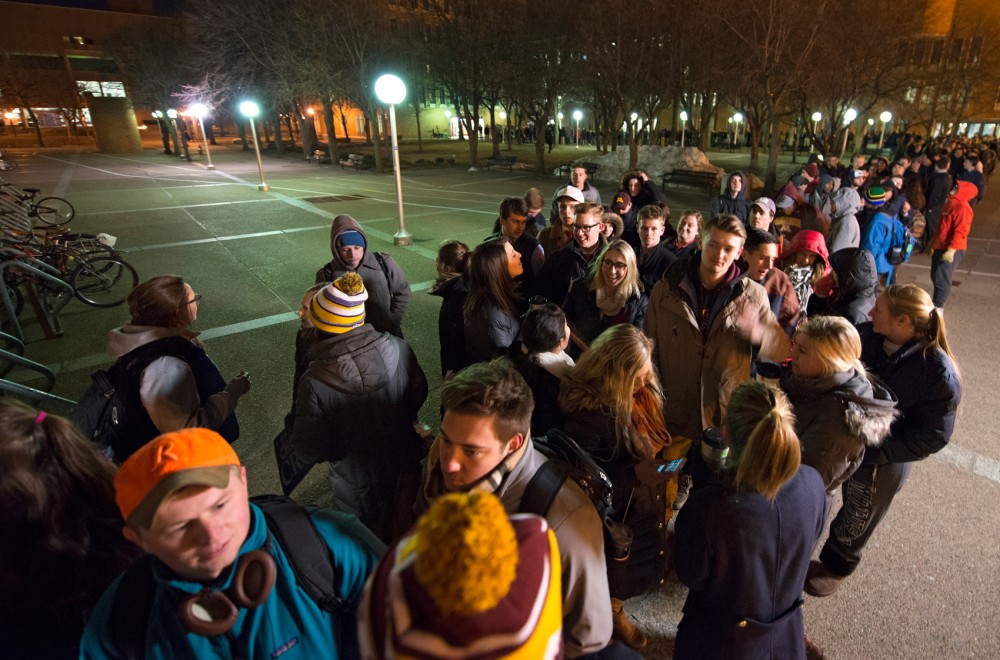While voters nationwide continued to favor his opponents, Sen. Marco Rubio cruised to a victory in Minnesota’s caucus Tuesday night.
With Rubio’s Minnesota Super Tuesday win, the Florida Senator’s Presidential nomination bid claimed its first victory nationwide.
Although results weren’t officially finalized, the Associated Press called the race in favor of Rubio. At press time, with 92 percent of precincts reporting, about 37 percent of the state’s voters favored Rubio.
With almost 29 percent, Sen. Ted Cruz held second, and businessman Donald Trump took third with about 21 percent of the state’s Super
Tuesday votes.
“I think Rubio has good momentum,” said Jeff Johnson, Rubio’s campaign state chairman at GOP headquarters and a former Republican candidate for Minnesota Governor.
“People want a conservative who can expand the voter base.”
Still, Trump continued to build momentum with victories in seven states on Tuesday. Cruz notched victories in Oklahoma and his home state of Texas.
Results from Alaska’s caucuses were not yet available at press time.
Rubio, who has stressed his electability over other GOP candidates, didn’t secure victories in any other Super Tuesday state.
While Rubio claimed a victory in Minnesota, the two other top candidates will still likely receive a decent number of delegates, said Brandon Lerch, a Cruz representative, at the state’s GOP headquarters.
“This is basically a Band-Aid on the [sinking] ship for him,” he said.
Trump continued to lead the delegate count with 257 as of 11:04 p.m. Tuesday evening, while Cruz took second and Rubio a distant third. To win the Republican nominations, a candidate needs 1,237 delegates.
Rubio is the only Republican candidate who’s regularly campaigned in Minnesota. He’s made appearances in the state three times this year and made a last-minute stop in Minnesota on Tuesday — his second in the last week.
At last week’s rally in Minneapolis, Rubio said he’s the most electable Republican candidate — a feeling widely shared by Rubio supporters at the University of Minnesota’s Anderson Hall on Tuesday.
“I think he’s socially a little more centered than any of the other candidates, and I like a lot of his fiscal ideas,” said Anderson Hall caucus-goer Joe Waldvogel. “Compared to the other candidates, he seems a lot less extreme.”
About 880 votes were cast at the Anderson Hall caucus. But long lines led to delays and frustrated attendees, as voting began about 90 minutes late.
“It just makes me not want to do it again,” said
kinesiology junior Marianna Valadez, adding that she was frustrated by event’s disorganization and a lack of information.
Still, 5th Congressional District Deputy Chair Bob Olson said he prefers an overwhelming turnout.
“I’d rather have chaos than crickets,” he said, adding that the event had attendance about six times higher than expected.
Participation in the state’s GOP caucus easily eclipsed 2008’s record-breaking turnout. About 111,000 participated this year compared to 62,000 in 2008, said state GOP Chairman Keith Downey.
“There was overwhelming turnout on the University of Minnesota, which is great news for us in terms of energy for the campaigns,” Downey said.







